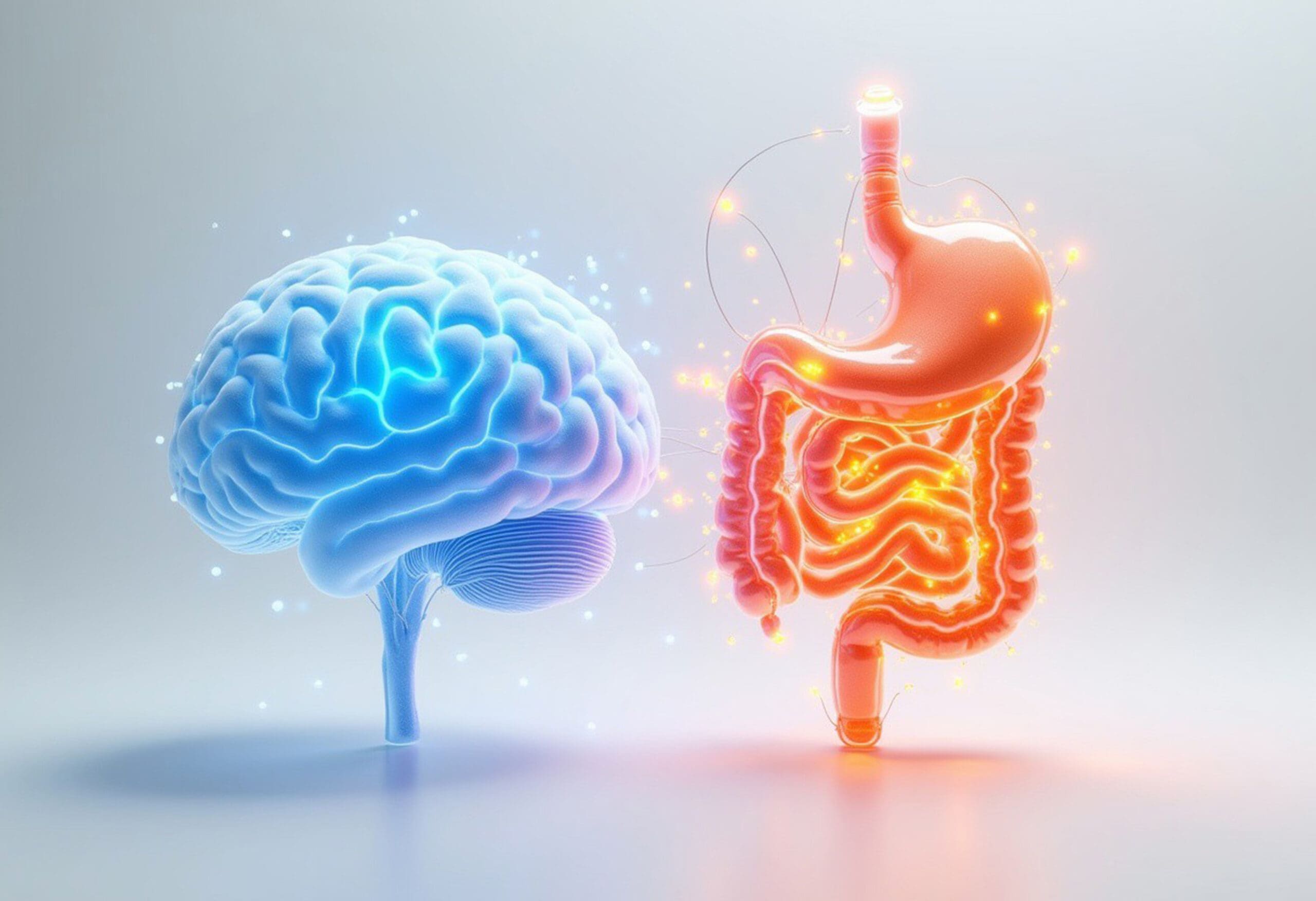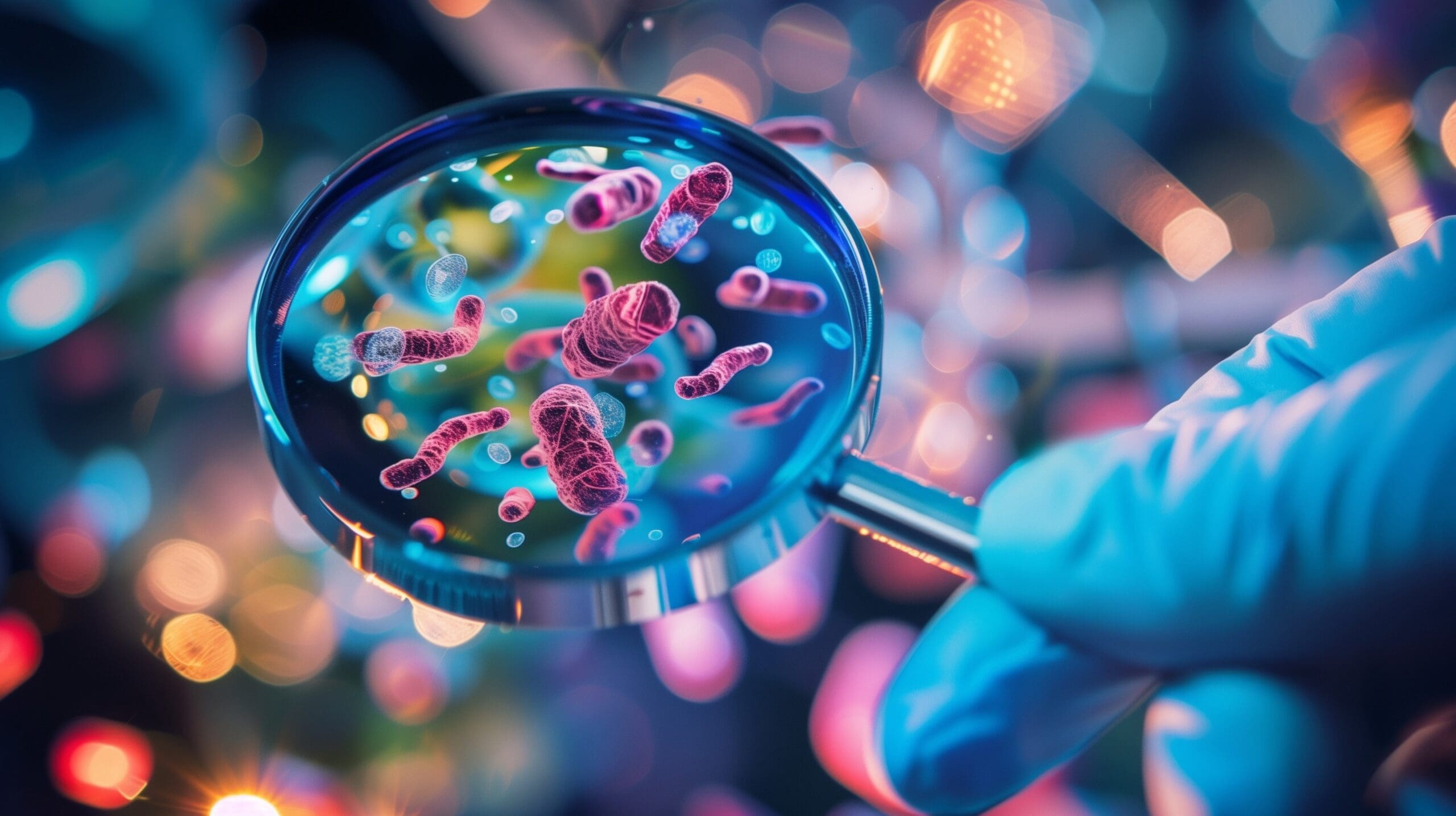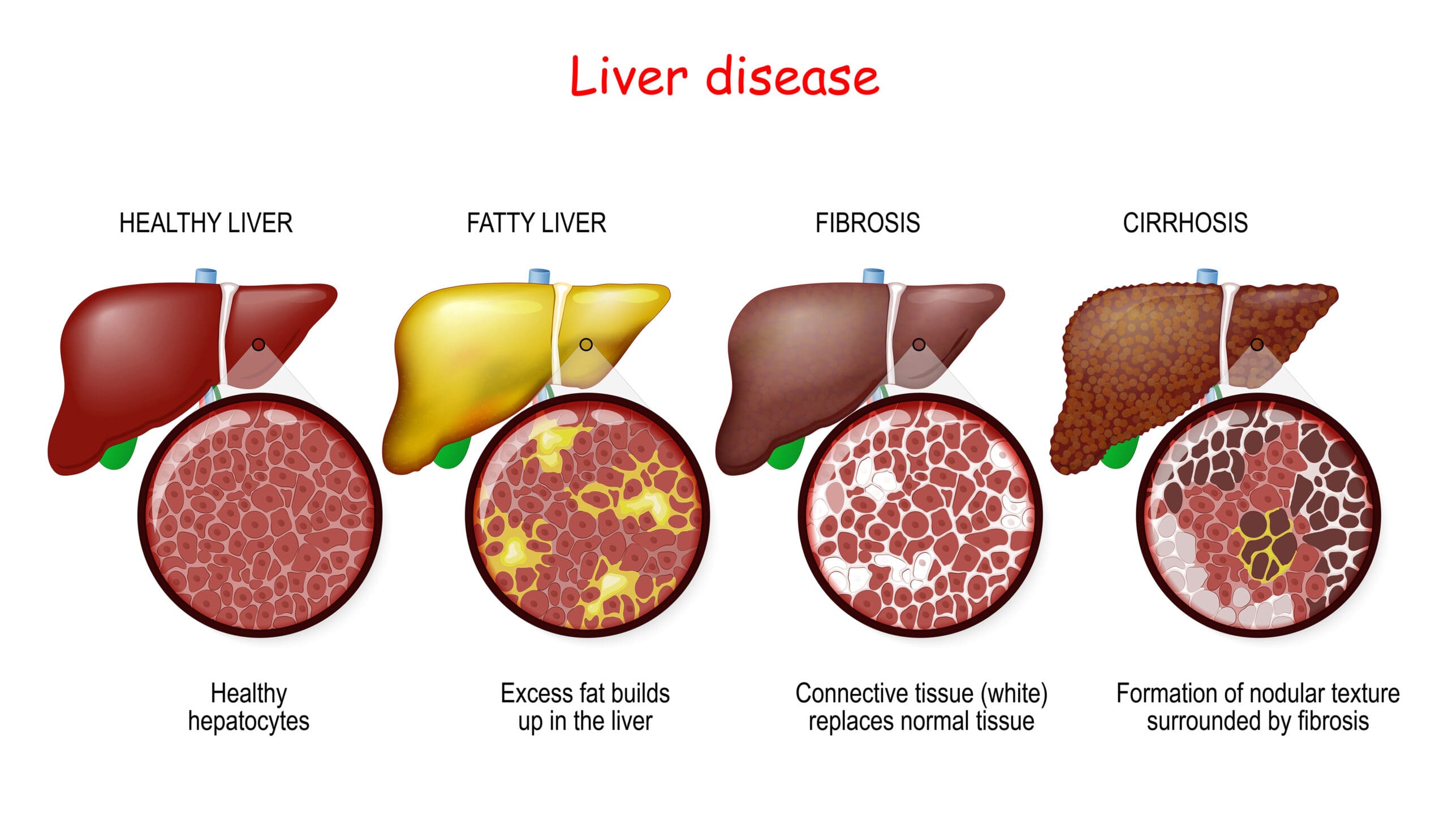Detoxification: Staying clean in a toxic world
There is no doubt that our world is becoming more and more toxic. Our bodies are continually being burdened by chemicals and hormones from the outside world (exogenous), as well as toxic breakdown products of our own metabolism (endogenous). The majority of the chemicals we are exposed to in the air we breathe, food we eat or lotions we apply have never been tested for safety.
If we are not able to effectively break down these toxic compounds, they can accumulate in our tissues, leading to dysfunction and damage to cells and tissues. Nearly every illness or symptom will be aggravated by toxic overexposure, or ineffective detoxification.
We often hear that our own liver is responsible for detoxing our bodies, so any strategies used to enhance detoxification are unnecessary and ineffective. This might be true if we lived in a pristine environment, and were in perfect health. The sad fact is, our bodies were not designed to cope with the number of chemicals we are all exposed to on a daily basis. This affects all of us, compromising our health in one way or another.
What do we mean by detoxification?
Detoxification occurs primarily in the liver, but also in the intestines, and nearly every cell of the body. It is broken down into two steps, called Phase One and Phase Two detoxification.
Phase one is carried out mainly by a group of enzymes called cytochrome P 450s. The function of these enzymes is biotransformation; this means the metabolic conversion of toxins that have entered our body (xenobiotics, hormones and fatty compounds) into a more active form. These enzymes are greatly affected by dietary, environmental and lifestyle factors. Hence, there is great variation among people in their ability to break down toxins.
People who suffer with allergies, autoimmune disease, chronic fatigue syndrome or inflammation have a poor ability to detoxify.
Phase two detoxification is carried out by a number of conjugating enzymes. This is where liver cells add another substance to a molecule, (make it water soluble), to make it less harmful, and more easily excreted.
Imbalanced detoxification
Many chronic poor health conditions are associated with an imbalance between phase one and phase two detoxification. The end products of phase one detoxification are usually more harmful and destructive than the parent molecule. They can act as free radicals in your body. They are capable of causing direct damage to cells and DNA, and irritate the immune system by stimulating the release of inflammatory chemicals.
The problem is that so many of the toxins in our world stimulate, or induce the phase one enzymes. Due to poor health and nutritional deficiencies, the phase two enzymes lag behind. This can produce quite a toxic state in the body. Effective detoxification involves achieving a balance in the rate of the two stages of detoxification, to minimise the accumulation of toxic molecules, and thus minimise free radical damage in the body.

How to balance detoxification
A number of dietary and lifestyle factors induce excessive phase one enzyme activity. They include:
- alcohol
- stress hormones
- pesticides/insecticides
- nicotine
- obesity
- chronic inflammation
How to enhance your body’s detox abilities
Your liver is definitely the hardest working organ in your body. It is responsible for carrying out more jobs in your body than any other organ. If your liver is overworked you are likely to feel drained of energy and lacking motivation. You may also be feeling more irritable and less tolerant.
Cleaning up a toxic gut is vitally important. Bowel generated toxins are referred to as endotoxins. A lot of the waste products of metabolism end up in your gut. If you are not having at least one thorough bowel motion each day, waste products will accumulate and then get reabsorbed into your bloodstream. If your gut lining is inflamed or leaky, you will be absorbing waste products from your gut straight into your bloodstream. Cleaning up your gut and strengthening the gut lining is critical if you want to reduce your body’s toxic load.
If you want good health, it’s critical to keep your body alkaline. Modern diets and lifestyles can tip your pH balance, making your body overly acidic. Your body is designed to function best in a slightly alkaline state: pH (potential hydrogen) of your blood should be between 7.35 and 7.45. Vegetables and fruit are alkaline foods, which means once they are digested, the minerals they contain help to keep your blood in an alkaline state. Sugar, alcohol, wheat and dairy products all increase the acid load in your body. An acidic body can lead to more pain and fluid retention. Making your body more alkaline helps to improve energy levels, metabolic rate and reduces the risk of developing health problems.
The brand new Dr Cabot 15 Day Cleanse comprises 3 detoxifying powders that are specifically targeted at cleansing your liver, your gut and making your body alkaline. Why not try the cleanse today, and start feeling your best.









Leave A Comment